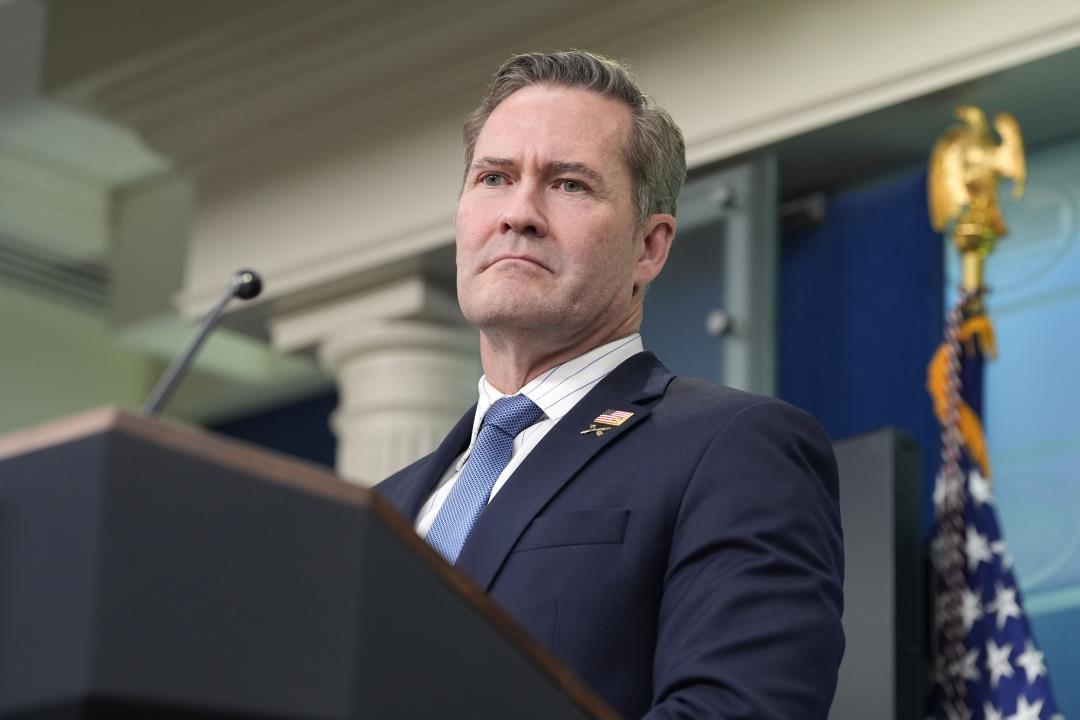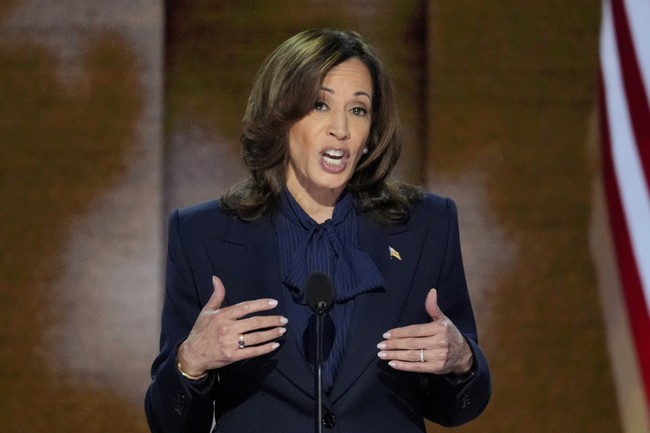Email Controversy: Waltz and National Security Risks
The use of non-secure platforms for government communication by National Security Adviser Mike Waltz has triggered investigations, revealing potential vulnerabilities in protecting sensitive information.
Published April 03, 2025 - 00:04am

Image recovered from newser.com
The recent scandal surrounding the use of non-secure platforms for government communications by U.S. National Security Adviser Mike Waltz has drawn heightened scrutiny and criticism. This issue highlights significant vulnerabilities in protecting sensitive information within the Trump administration. According to reports, Waltz employed his personal Gmail account to receive work emails, albeit he reportedly never sent classified information through this unsecured medium. However, the severity of the controversy lies in the broader implications and criticisms of Trump's administration utilizing non-secure apps for official state communications.
The Washington Post and other news outlets have shed light on the practices within the National Security Council where non-secure platforms, like Gmail and Signal, were used extensively for government business. This practice raises alarm over the potential for information breaches, given Gmail lacks the necessary security features to handle sensitive military details. The Post featured cases where critical information concerning military positions and weapon systems was exchanged over Gmail, further compounding the security concerns.
Such practices have prompted high-ranking political figures to call for an investigation into Mike Waltz's qualification to handle national security responsibilities. Concerns over whether unauthorized use of private communication tools violates federal laws, such as the Presidential Records Act and the Federal Records Act, have been actively expressed. These laws mandate that government communications should be conducted via official platforms to ensure the integrity and safekeeping of records. The use of platforms like Gmail that lack adequate protection presents a clear national security risk.
The political fallout has been swift, with public figures such as U.S. House Democratic Leader Hakeem Jeffries urging immediate action. Calls for a formal inquiry have intensified, underscoring the need to review whether proper security protocols were followed. Representative Gerry Connolly has launched an official investigation through the House Committee on Oversight and Accountability to assess whether Waltz and his team bypassed established federal records laws and if corrective measures are necessary. The investigation seeks a full disclosure of all communications undertaken on unauthorized platforms by April 15, 2025.
Essentially, this controversy has sparked a deeper conversation about government transparency and accountability. The inquiry is not just about Mike Waltz's actions, but it also scrutinizes the broader implications of the Trump administration's approach to national security communications. It presses on topics of transparency and adherence to federal regulations, ensuring that sensitive discussions do not elude public scrutiny.
The investigation directed at Waltz aims to determine if there was a deliberate intention to circumvent communication guidelines to conceal key governmental operations. Additionally, it questions whether any classified materials were discussed on these unsanctioned platforms and if such actions were properly reported to the National Archives and Records Administration.
Responding to these claims, the White House emphasized continued cooperation between the President and Waltz, insisting on measures now being put in place to ensure similar lapses do not recur. White House Press Secretary Levitt confirmed that the internal investigations into past events have concluded, leaving Waltz to continue in his current role while further transparency measures are enacted.
The fallout of this email controversy has implications for future White House operations, shaping discussions around security practices and adherence to federal record-keeping laws. The challenge of balancing operational convenience with security imperatives remains a critical topic for ongoing political debate and policy-making in the U.S.






